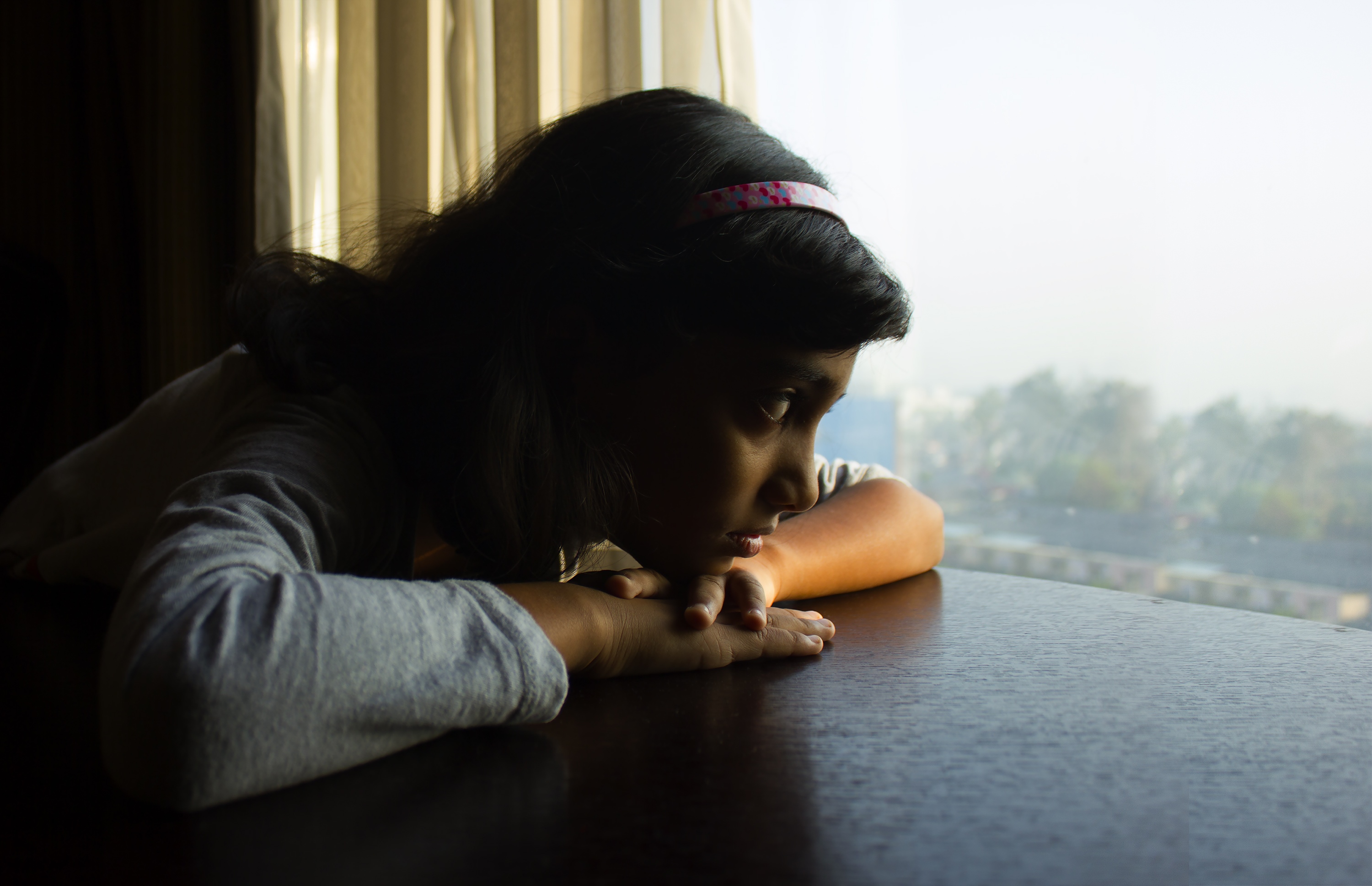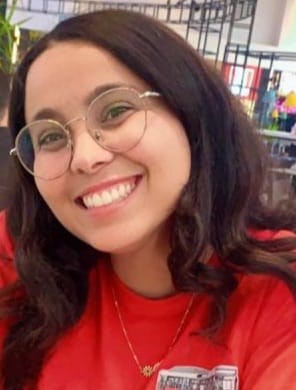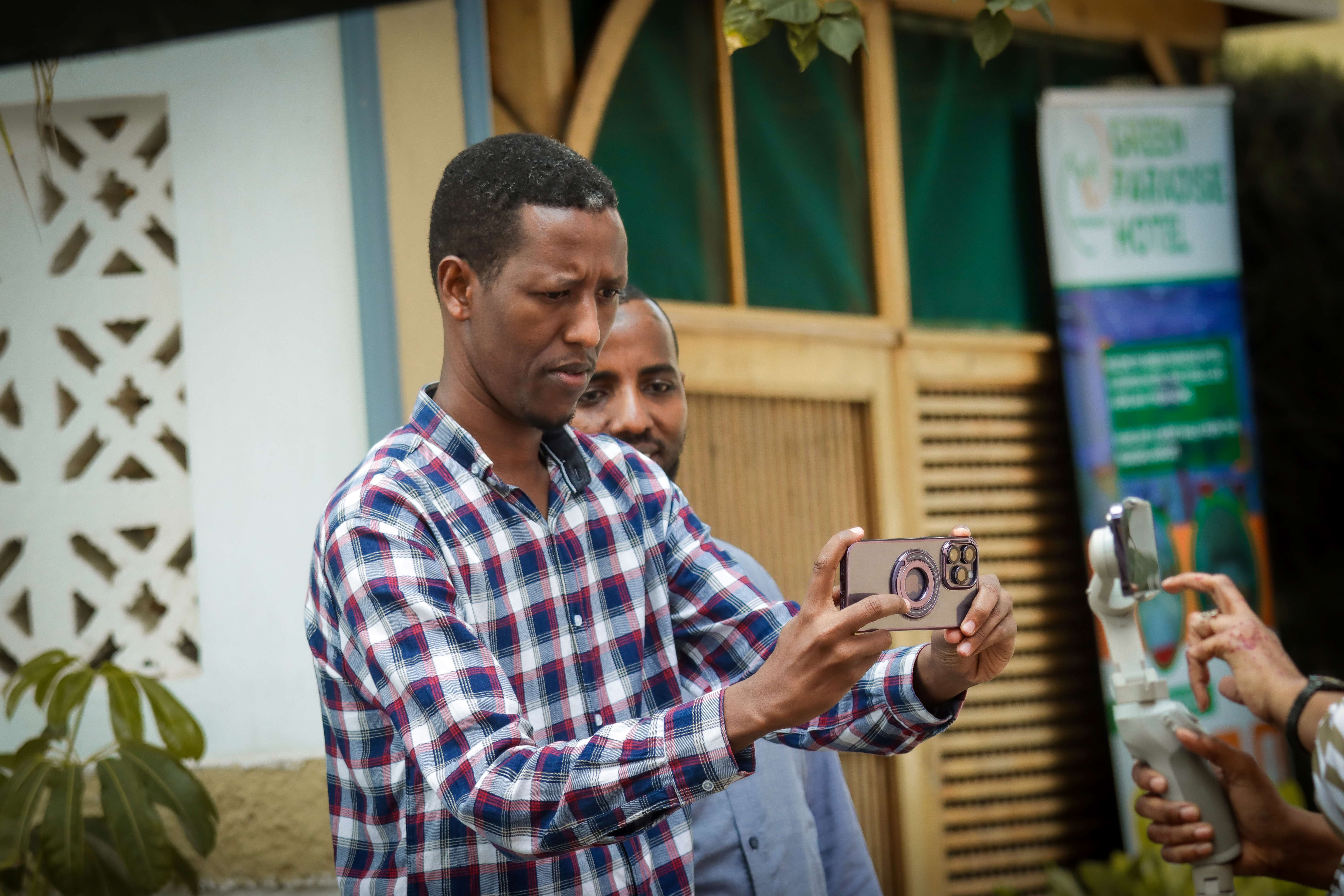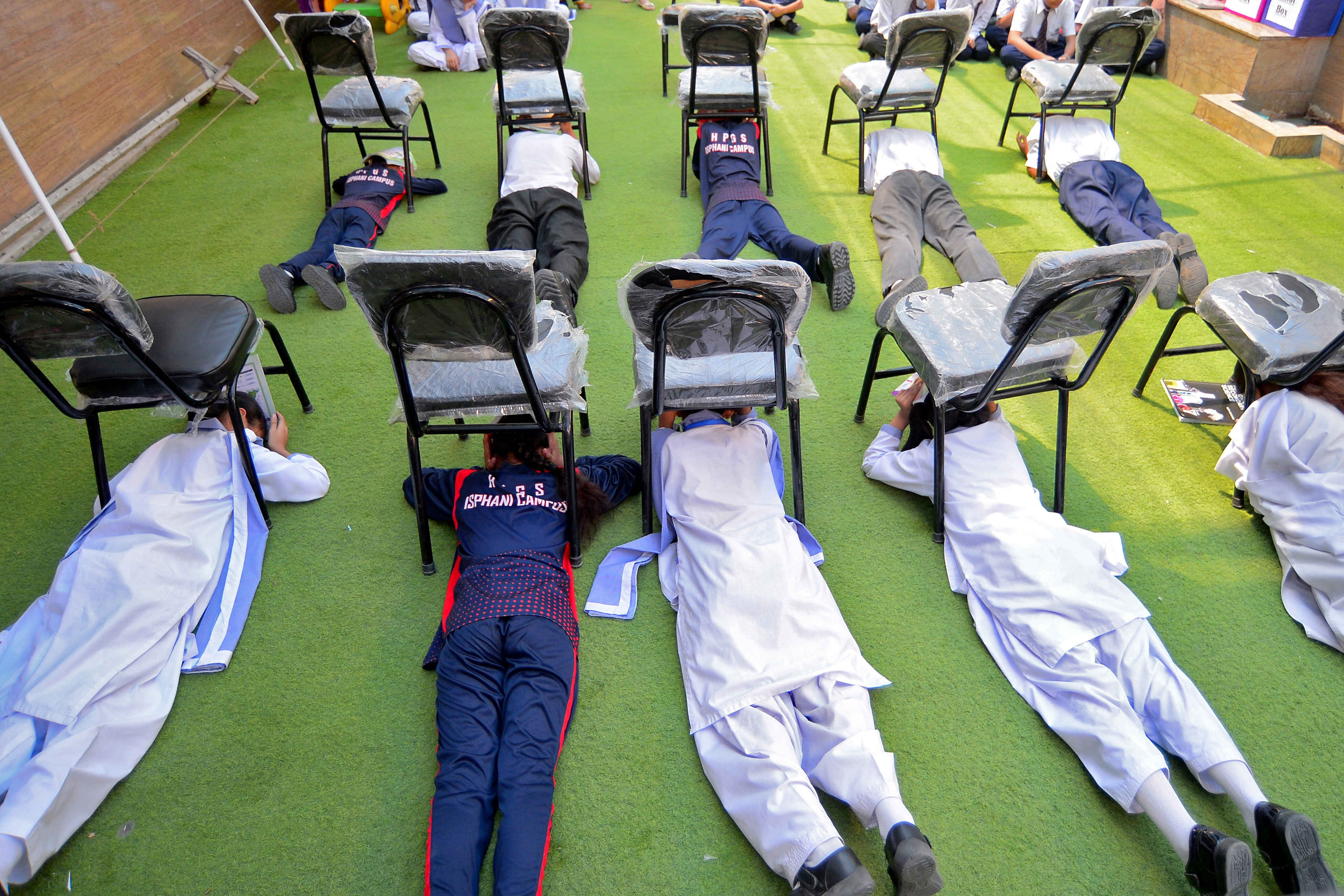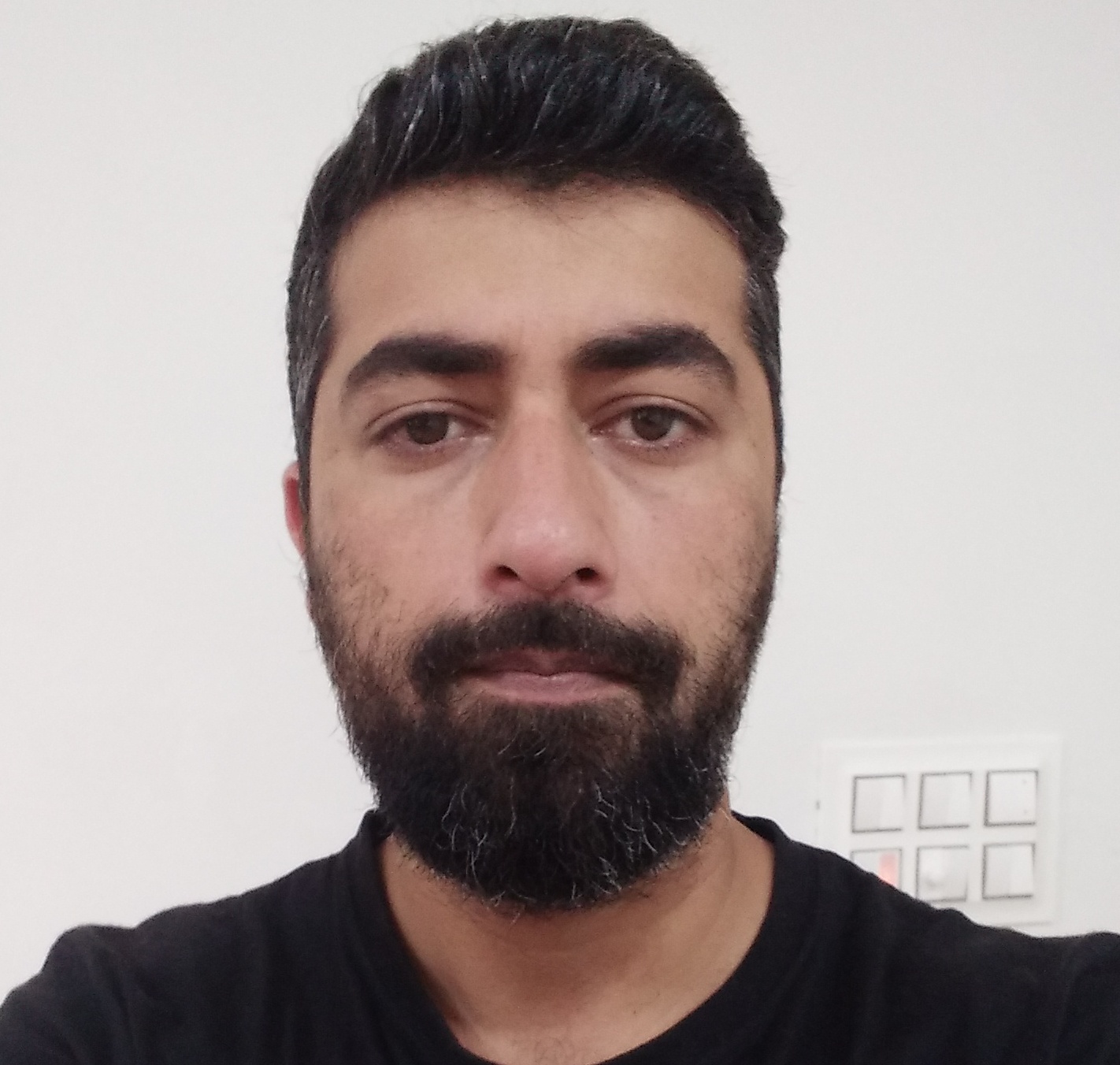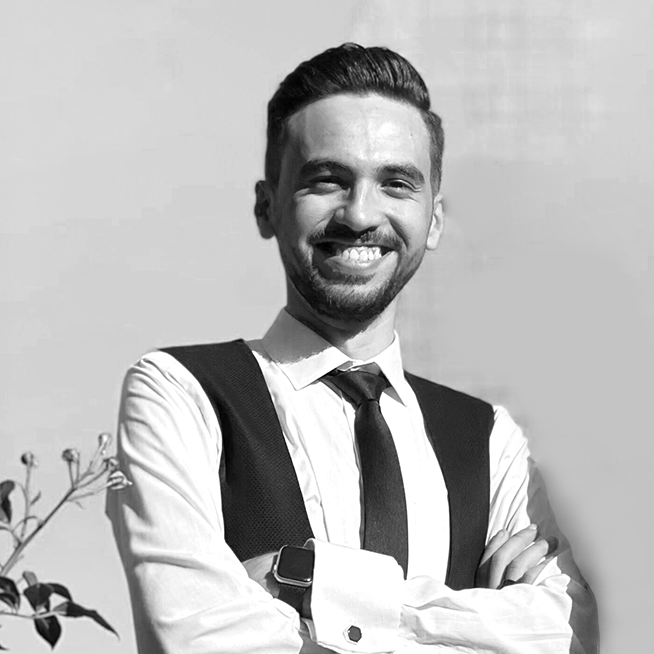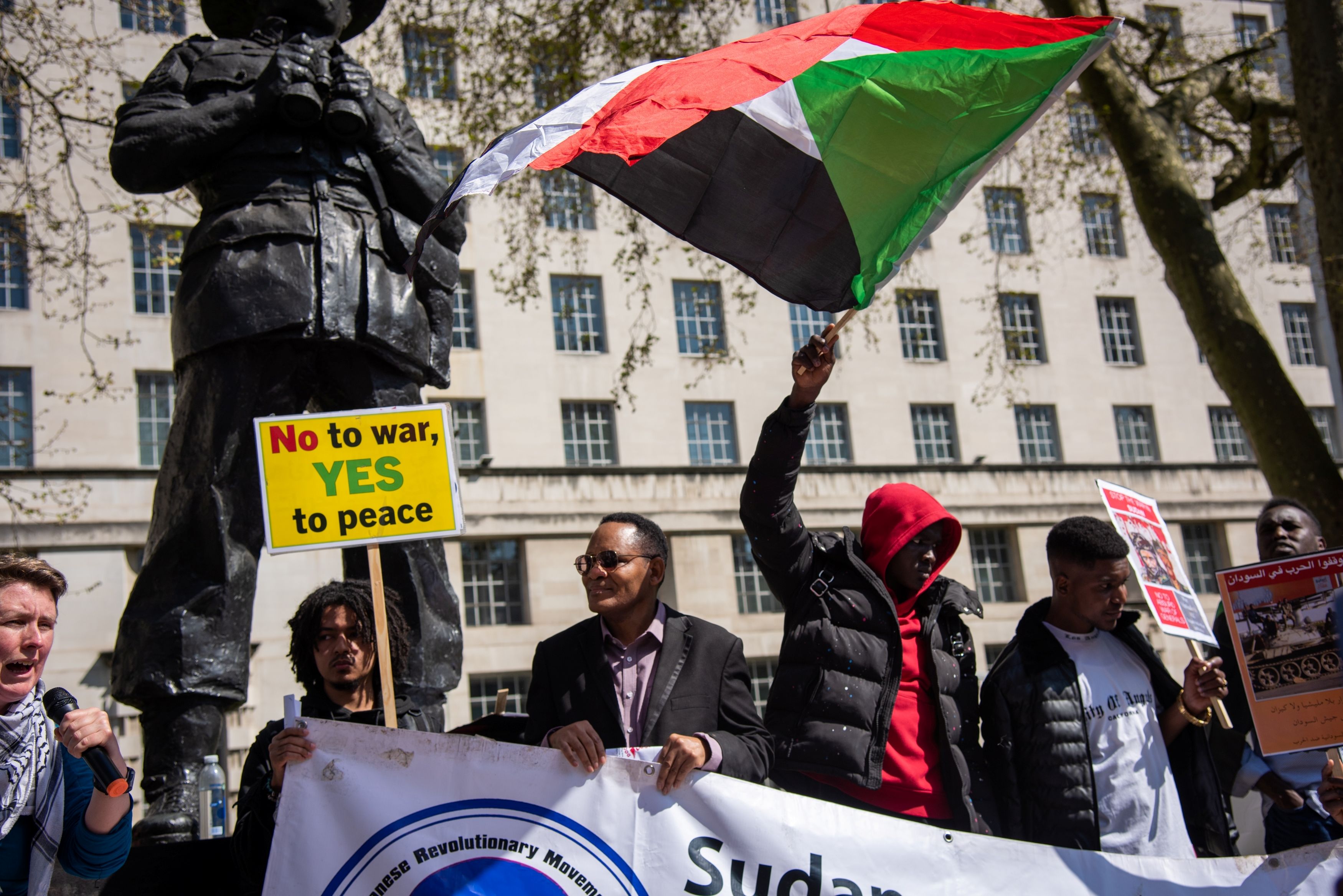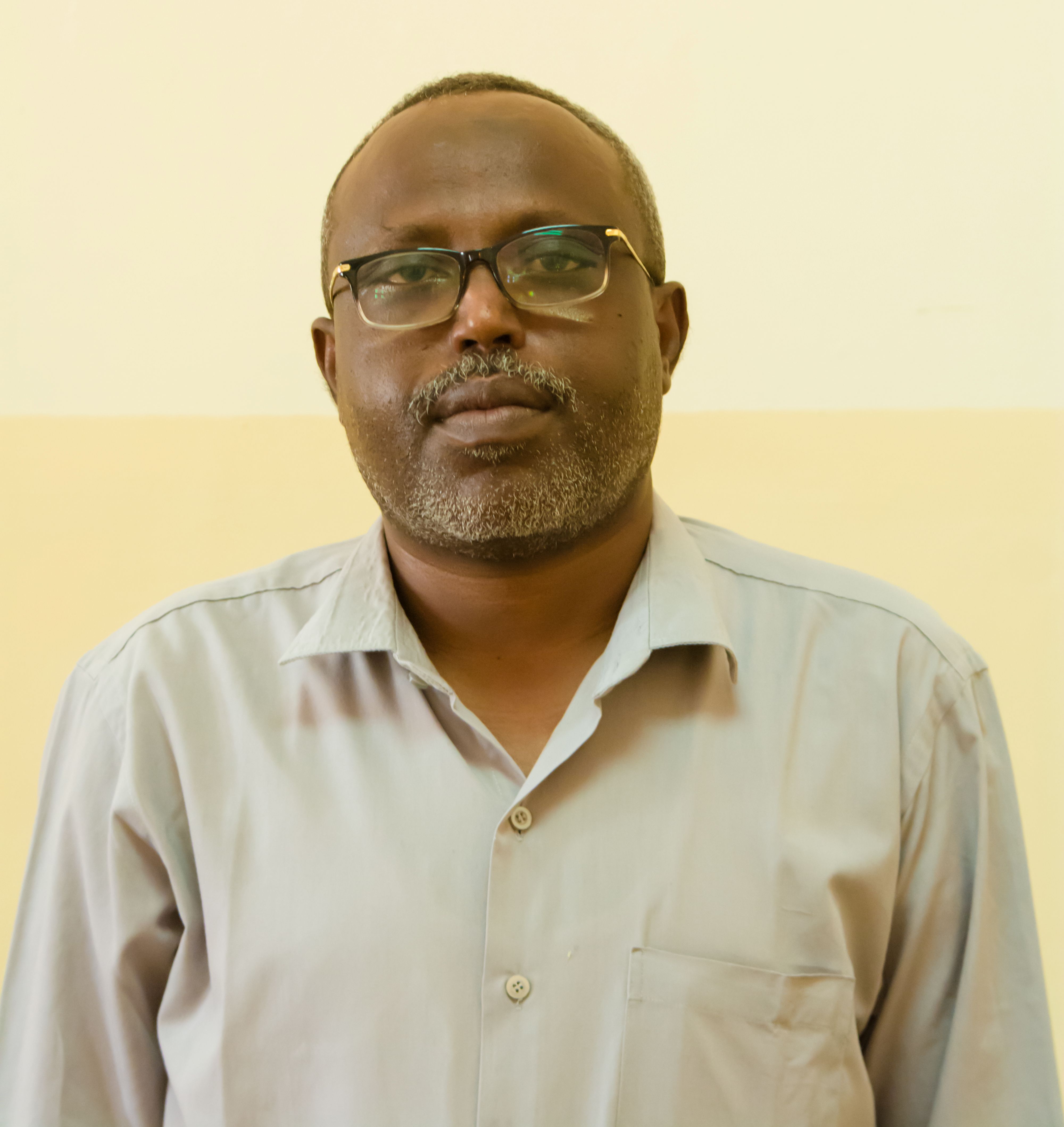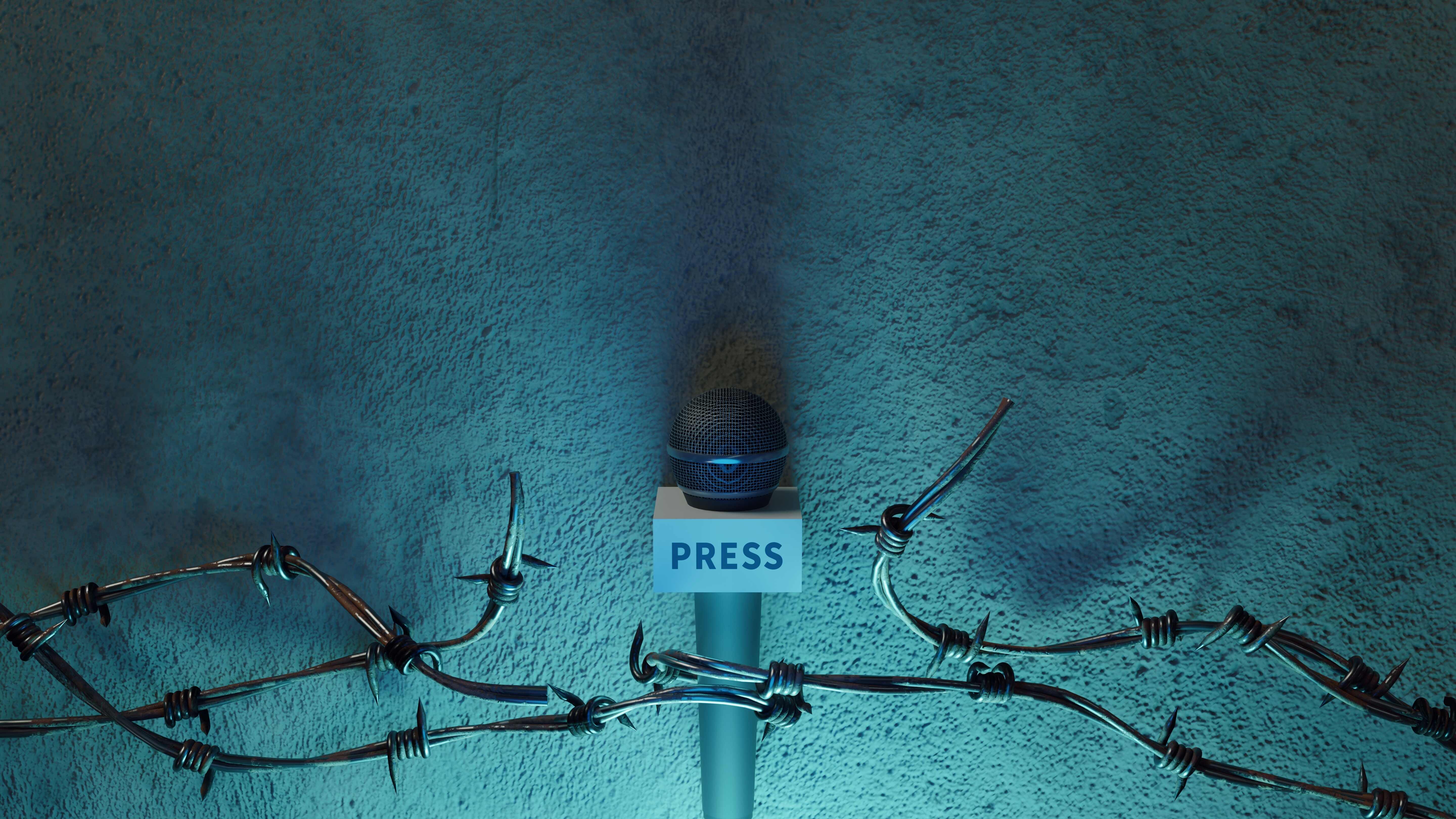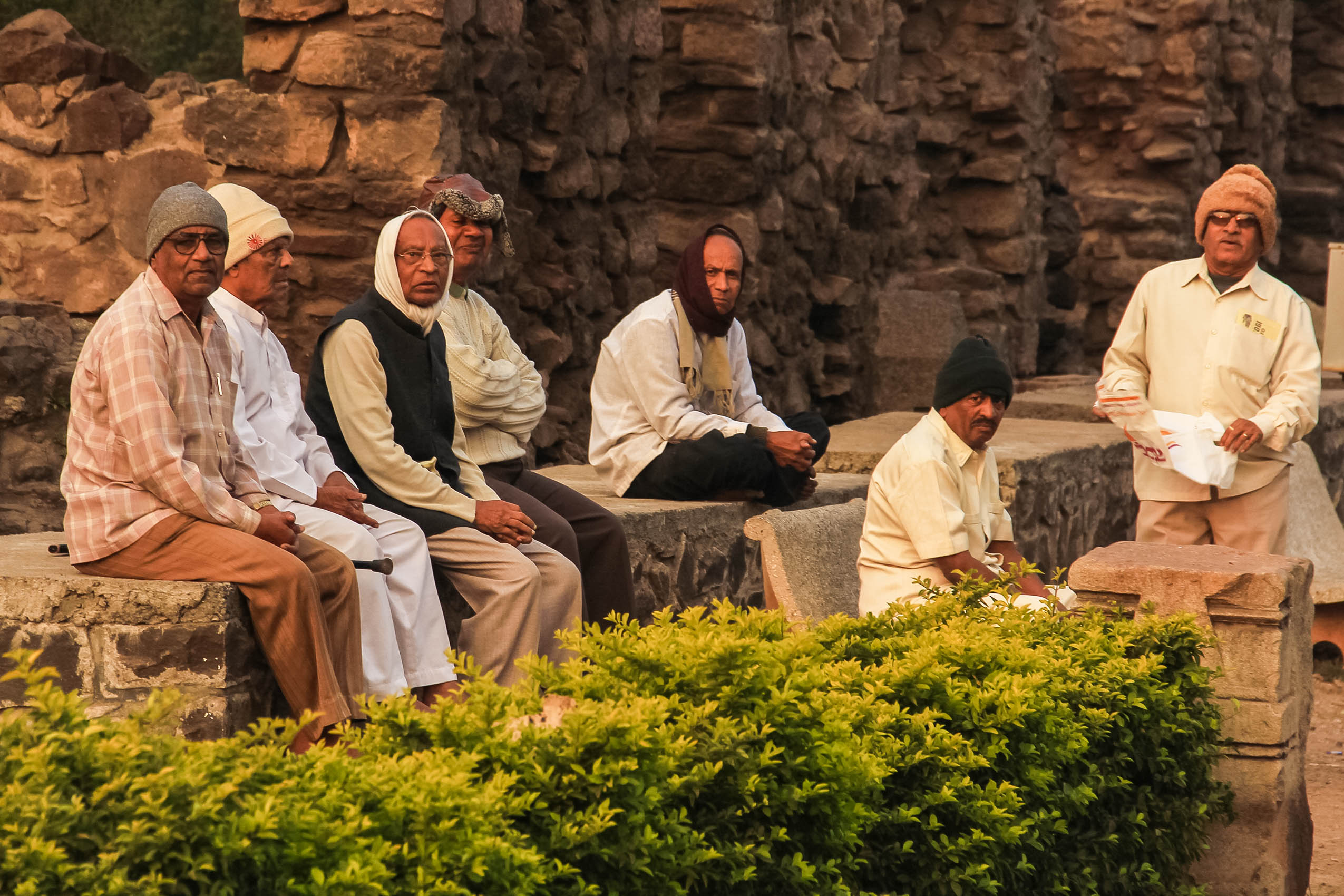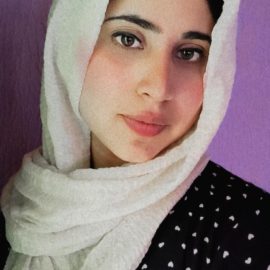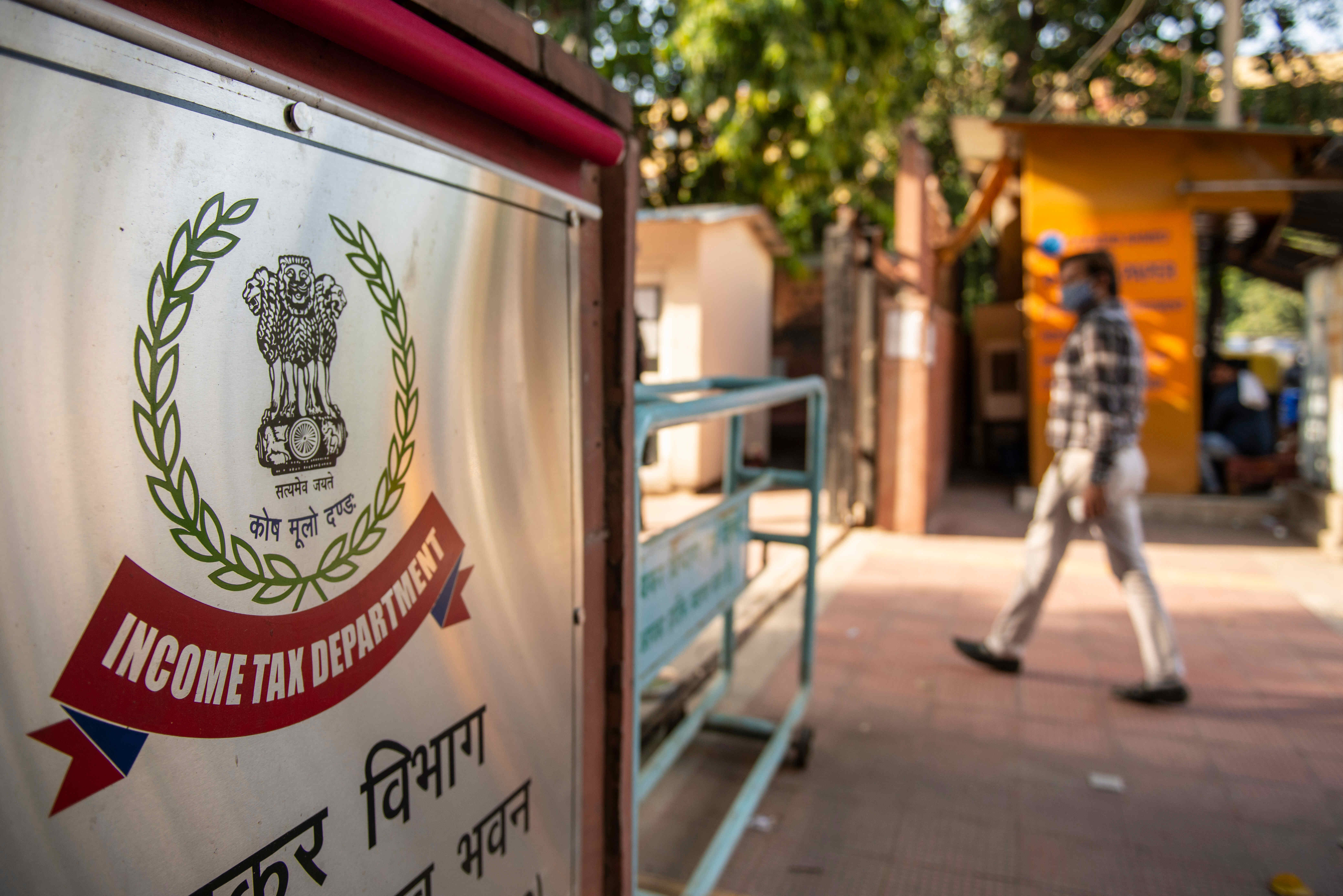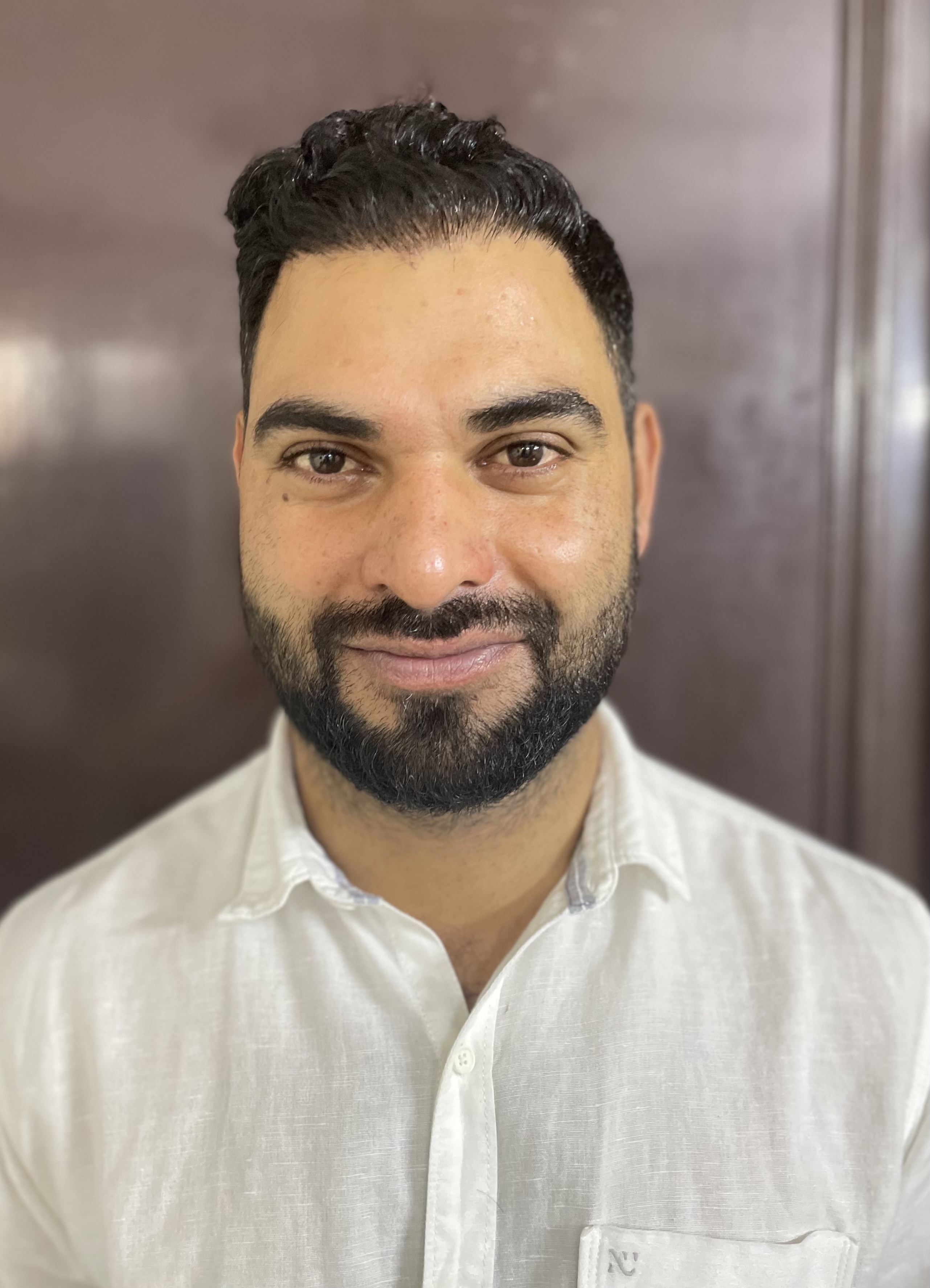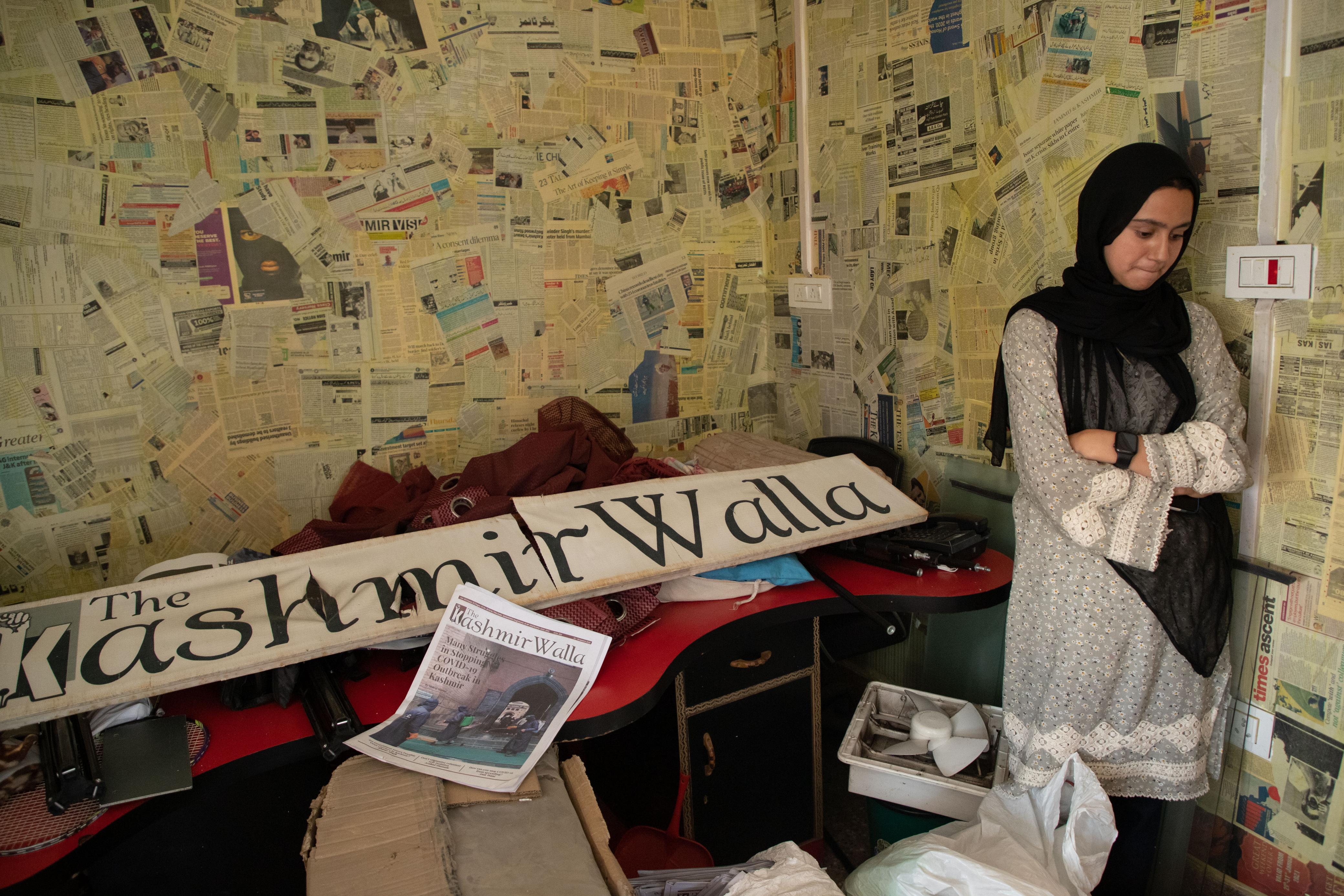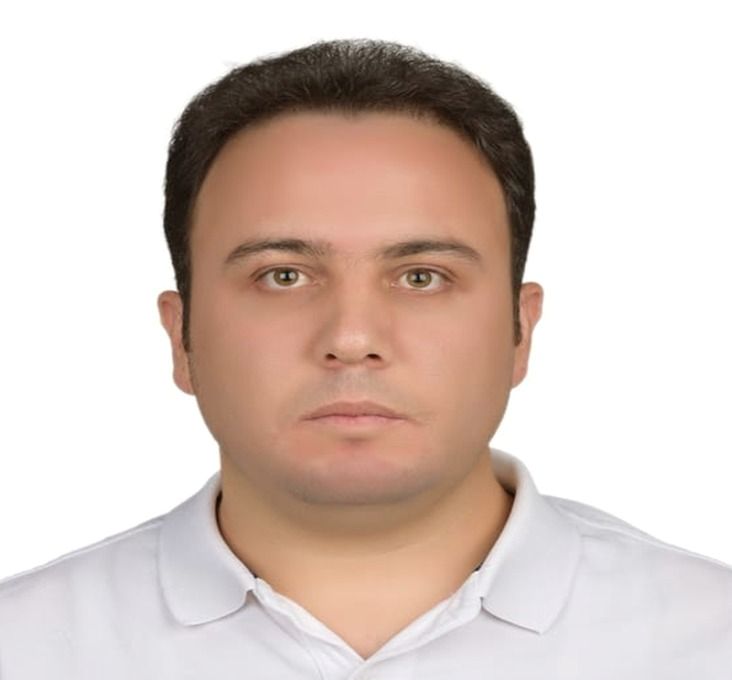حين جلست أمام يوسف؛ الطفل يوسف عامر جندية، الناجي الوحيد من عائلته التي قضت في مجزرة 13 أكتوبر 2023، في معهد الأمل بغزة، شعرتُ بأنني أمام طفل لم يخرج بعد من دوامة الصدمة: عينان تائهتان، وصوت خافت كما لو كان يحكي فصول الألم دون أن يدرك تمامًا حجم الكارثة التي مرت فوق رأسه الصغير. كنت أعرف أنني في مواجهة لحظة حساسة جدًا، لا يمكن أن تُختصر في إجراء مقابلة صحفية مجردة مع طفل صغير لا يزال تحت وطأة الصدمة. في كل سؤال كنت أحاول طرحه على يوسف، حاولت ألا ألمس وجعه أو أزيد من ألمه، بينما كانت مشاعر الخوف تلاحقني طوال الوقت خشية تجاوز حدود ما يستطيع تحمله. كان كل جزء في المقابلة يشكل تحديًا نفسيا لي: كيف أقدم له مساحة للتعبير دون أن أضغط عليه؟ كيف أوازن بين ما يفرضه دوري أنا الصحفية وبين رغبتي في حمايته من أوجاعه التي لم تلتئم بعد؟ وهل من الأخلاقي إجراء المقابلة أصلا؟ والحقيقة أنها لم تكن مجرد أسئلة وأجوبة، بل صراعًا داخليًا مستمرًا بين المهنية والعاطفة.
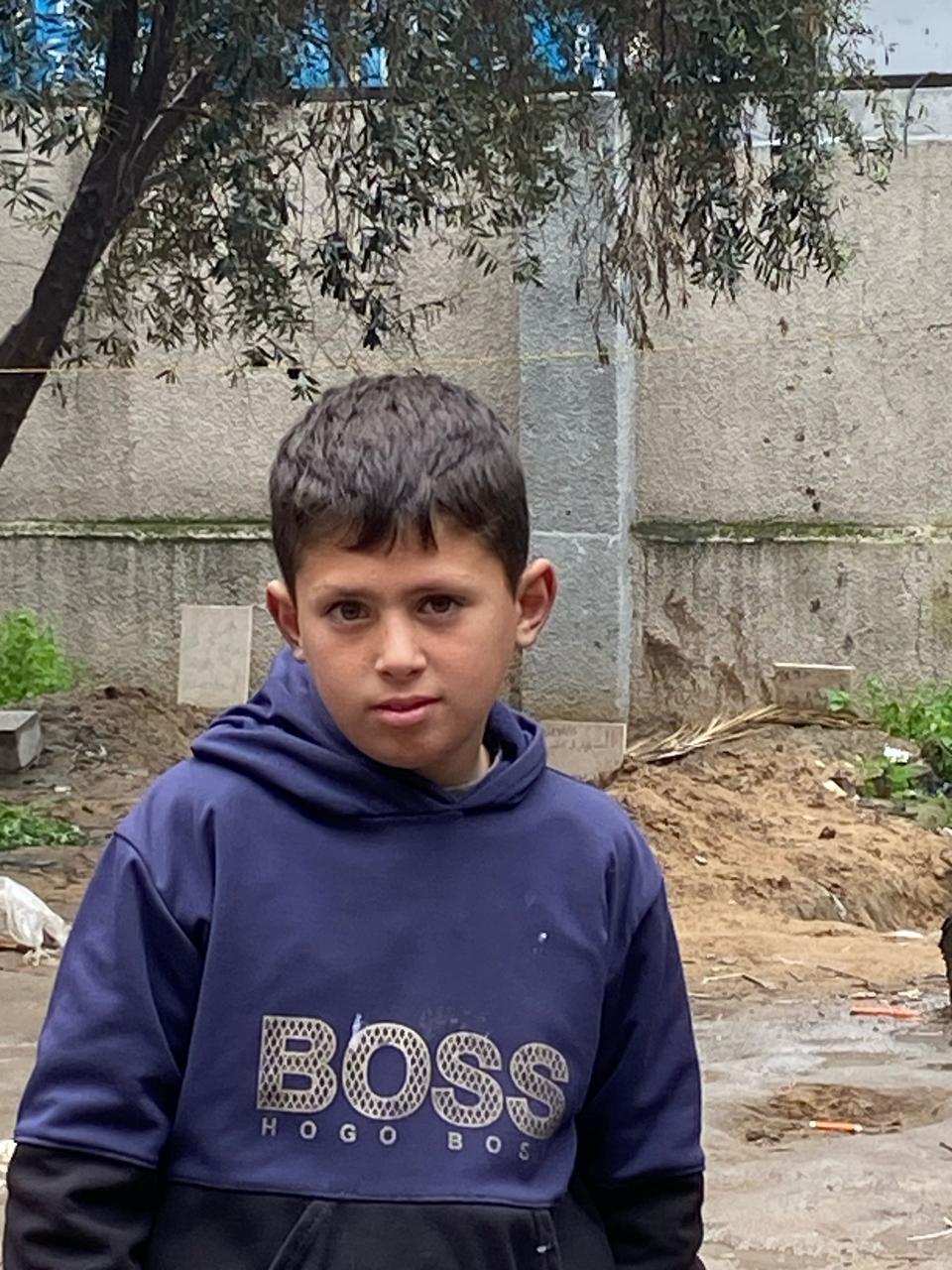
توازن صعب
38 ألف طفل يتيم و14 ألف أرملة أصبح مصيرهم في غياهب المجهول إثر جرائم متتالية يرتكبها الاحتلال الإسرائيلي منذ 7 أكتوبر/تشرين الأول 2023 في قطاع غزة. لم يكن هؤلاء مجرد أرقام، بل قصصا حتّمت عليّ بصفتي صحفية مستقلة توثيقها خاصةً في معهد الأمل بغزة.
كانت هذه القناعة تدفعني للكتابة، ليس فقط من باب الواجب المهني، بل لأنها التزام أخلاقي وإنساني، لأن قصصهم جديرة بالبقاء. في كل مرة جلست فيها مع طفل فقدَ والديه استحضرت كلمات الدكتور الشهيد رفعت العرعير:"إن كان لا بد من أن أموت، فعليك أن تعيش أنت لتروي حكايتي."
واليوم، في غزة، نحمل على عاتقنا مسؤولية نقل هذه الأمانة، نحن جيلها وشهودها وضحاياها. نسرد للعالم حكاية هؤلاء الأطفال، لتظل أصواتهم شاهدة على الحقيقة، وعلى صمود شعب لم تنكسر روحه رغم كل شيء.
فالصحافة، في جوهرها، ليست مجرد أداة لنقل الحدث، بل وسيلة لإعادة الاعتبار للضحايا، وتوثيق الألم والأمل معًا في عالم يزدحم بالأخبار، لكنه غالبًا ما يغفل عن الجانب الإنساني للأحداث. وفي هذا السياق، تبرز القصة الصحفية الإنسانية باعتبارها أهم الفنون الصحفية التي تتيح تجاوز حدود الخبر التقليدي، وتعتمد على السرد الإنساني العميق الذي يمكّن القارئ من فهم الواقع بصورة أكثر شمولية.
كانت تجربتي في تغطية قصص الأطفال في معهد الأمل للأيتام زاخرة بالمعرفة وكذلك التحديات؛ حيث تطلبت توازناً دقيقاً بين المصداقية المهنية والالتزام بالمعايير الأخلاقية للصحافة الإنسانية.
على المستوى الإنساني، كان التعامل مع الأطفال يتطلب حساسية خاصة؛ فهم ليسوا مجرد مصادر صحفية، بل أرواح تحمل قصصًا تستحق أن تُروى بكرامة واحترام. لذا، كان لا بد من بناء علاقة قائمة على الثقة، مع الحرص على حمايتهم من أي ضرر نفسي قد ينجم عن المقابلات أو السرد الصحفي.
أدركت أن الصحفي يتقاطع مع آلام شعبه ويعيش تفاصيلها. لذلك من الضروري أن يقدّم سردا مؤثرا وموضوعيا دون الوقوع في فخ الإثارة العاطفية أو التوظيف غير الأخلاقي لعناصر القصص التي يغطيها؛ فالمسؤولية الصحفية تفرض تقديم صورة واقعية دون مبالغة، مع الالتزام بمعايير النزاهة والدقة.
على المستوى الإنساني، كان التعامل مع الأطفال يتطلب حساسية خاصة؛ فهم ليسوا مجرد مصادر صحفية، بل أرواح تحمل قصصًا تستحق أن تُروى بكرامة واحترام. لذا، كان لا بد من بناء علاقة قائمة على الثقة، مع الحرص على حمايتهم من أي ضرر نفسي قد ينجم عن المقابلات أو السرد الصحفي.
لم يكن الأمر سهلاً، فقد واجهت تحديات نفسية أيضًا؛ ذلك أن بعض القصص كنت بحاجة لاستيعابها أولاً ثم الكتابة عنها، وهذا كان يتطلب وقتًا إضافيًا. لم يكن هدفي فقط تسليط الضوء على معاناتهم، بل منحهم الفرصة ليكونوا هم الرواة الحقيقيين؛ ينقلون أحلامهم ومخاوفهم وتفاصيل حياتهم التي تعكس أبعادًا إنسانية تتجاوز حدود الأسماء والصور.
تكمن أهمية القصة الصحفية الإنسانية في قدرتها على خلق وعي مجتمعي حول قضايا الأطفال الأيتام؛ لأنها لا تقتصر على سرد المعلومات فقط، بل تضع القارئ في قلب الحدث؛ ليعزز ذلك فهمه وتعاطفه مع الشخصيات التي تتناولها القصة. القصة الصحفية ليست انعكاسًا للواقع فحسب، بل جسرٌ يمتد بين من يعيشون المعاناة ومن يقرؤون عنها؛ ليشعروا بها ويدركوا أبعادها، وربما يتحركون لأجلها.
هذه التجربة تجاوزت كونها إضافة إلى خبرتي الصحفية؛ فقد غيرت نظرتي إلى الحياة، تعلمت أن الصحافة ليست مجرد نقل للحدث، بل هي وسيلة لفهم الإنسان خلف الخبر. رأيت في عيون الأطفال شغفًا بالحياة رغم قسوة الظروف، وأدركت أن لكل طفل قصة تستحق أن تُروى بطريقة تحترم تفاصيلها وتعكس حقيقتها.
هذه التجربة تجاوزت كونها إضافة إلى خبرتي الصحفية؛ فقد غيرت نظرتي إلى الحياة، تعلمت أن الصحافة ليست مجرد نقل للحدث، بل هي وسيلة لفهم الإنسان خلف الخبر. رأيت في عيون الأطفال شغفًا بالحياة رغم قسوة الظروف، وأدركت أن لكل طفل قصة تستحق أن تُروى بطريقة تحترم تفاصيلها وتعكس حقيقتها.
قصص إنسانية
لم تقتصر تغطيتي على إبراز معاناة الأطفال فقط، بل سلطت الضوء على أحلامهم وطموحاتهم، لا سيما في مجال التعليم وسط الوضع الراهن في غزة؛ فالتعليم في المعهد يركز على المرحلة الثانوية "التوجيهي" لأهميتها الخاصة في حياة الطلاب. ومع ذلك، يواجه الطلاب تحديات كبيرة، بدءًا من نقص الأساسيات مثل: الكراسي والفصول الدراسية والقرطاسية، ووصولًا إلى ضيق المساحة وندرة الورق، إضافة إلى التكلفة الباهظة للطباعة وغياب التقويم السنوي للتعليم. ورغم هذه العقبات، يصرّ الطلاب على الحضور يوميًا، حاملين كراسيهم من مسافات بعيدة لاستكمال دراستهم.
أتذكر دائما المشرفة التربوية الأستاذة سلوى حلس، التي ألهمتني بعبارة "ما في أصعب من أن تربي طفلة لمدة 10 سنوات وفجأة تستشهد هي وأخوتها. هذا الشيء كفيل يخليكِ أحن مع الأطفال، وتعملي حساب الكلمة مع الطفل قبل ما تتكلمي" هذه الكلمات كانت تذكيرا قويا لي بأهمية العناية بالكلمات في التعامل مع الأطفال.
من بين الذين تركوا في نفسي أثراً عميقًا، تلميذة ذات 16عاما، فقدت كل أفراد عائلتها في الحرب، لتظل الناجية الوحيدة. ورغم الإصابات البليغة التي تعرضت لها، تمكنت من حفظ القرآن الكريم كاملًا خلال تلك الفترة، وقد تبنّى المعهد حالتها بمتابعة خاصة مع أخصائية نفسية؛ لمساعدتها على تخطي محنتها وتأمين بيئة تعليمية وداعمة لها، ليس فقط على المستوى الأكاديمي بل النفسي أيضًا. هذه الطالبة تمثل نموذجًا للصمود؛ حيث إن التعليم بالنسبة لها كان وسيلة للبقاء والتعافي وسط الظروف القاسية التي عاشتها.
خلال تغطيتي الميدانية للمأساة الإنسانية، شعرت بثقل المسؤولية التي لا يمكن تجاهلها بصفتي صحفية مستقلة. كان اللقاء مع الطفل يوسف عامر جندية، الناجي الوحيد من عائلته التي قضت في مجزرة 13 أكتوبر 2023، لحظة لا يمكن أن تمحى من ذاكرتي. يوسف البالغ من العمر 11 عامًا فَقَدَ والده والدته وخمس شقيقات في تلك اللحظة المروعة. منذ بداية الحرب، كان يقيم في المعهد، واليومَ بعدَ رحلة علاج طويلة في مستشفى الشفاء، يحاول أن يستعيد شيئًا من حياته الطبيعية ويستكمل دراسته.
لم يغب عن ذهني أبدًا دور التعليم في حياة يوسف رغم معاناته. سألت إدارة المعهد عن كيفية متابعة دراسته في ظل حالته النفسية؛ لأعرف أن المعهد يوفر خيمًا تعليمية للأطفال النازحين، وأن يوسف يظهر حرصًا كبيرًا على مواصلة تعليمه؛ فلا يتغيب عن أي حصة دراسية. كان التزامه بالعلم رسالة أمل وسط هذا الخراب.
أمام كل كتابة صحفية، أجد نفسي في حيرة عميقة: كيف يمكنني أن أصف ما لا يُوصف؟! كيف يمكنني أن أقول ما لا يُقال عن أطفال فقدوا كل شيء؟! هذا يضعني في صراع داخلي مستمر بين المهنية والعاطفة، وأمامَ قدرة اللغة على التعبير عن واقع يفوق حدود الكلمات.
أثناء حديثي مع يوسف سألته بلطف:
"لو في شي نفسك يرجع متل ما كان قبل الحرب، شو هو"؟
ساد صمت طويل. نظر يوسف بعيدًا ثم أجاب:
"يرجع بابا وماما وخواتي كلهم..."
توقف قليلًا، أخذ نفسًا عميقًا وأضاف:
"...وترجع المدرسة."
ثم نظر إليّ مرة أخرى:
"...بدي أصير متل بابا، طبيب."
اليوم، تتكفل مدرسة دار الأرقم بتعليم يوسف، بالإضافة إلى إشراف المعهد على حالته النفسية ورعايته الكاملة، من خلال برامج دعم نفسي وإرشاد تربوي. ورغم كل الألم، ما زال هناك أمل وأحلام كبيرة لطفل لم يتجاوز بعد صدمة الفقدان، ولكنه يسعى بثبات لاستعادة جزء من حياته التي فقدها.
وفي المعهد نفسه، حيث يتلقى يوسف الدعم والرعاية، كانت إسلام عاطف جندية، 25 عامًا، أرملة وأمّ لثلاثة أطفال، انتقلت إليه بعد أن فقدت زوجها ووالده في هجوم صاروخي على الحرازين-الشجاعية. تقول إسلام: "كنت في منطقة الحرازين بالشجاعية عندما استهدفتنا صواريخ متتالية. كان زوجي ووالده معنا، واستشهدا على الفور في تلك اللحظات المروعة. بعد تلك التجربة القاسية، انتقلت أنا وأطفالي إلى معهد الأمل للأيتام بتاريخ 17 فبراير 2024. لكن حتى في المعهد، لم نكن في مأمن؛ إذ تعرضت أجزاء من مباني المعهد للقصف بينما كنا موجودين هناك، فزاد هذا من صعوبة الوضع الذي كنا نعيشه."
سألتها: ما هي التحديات التي تواجهينها في غياب زوجك؟ وكيف تتعاملين مع أطفالك لتوفير جو آمن لهم؟
أجابت إسلام: كل شيء صعب. لا يوجد شيء يمكن أن يعوض غياب الأب. كثيرًا ما يسألني أولادي، خاصة طفلتي ذات السنوات الثلاثة والتوءم اللذين يبلغان ست سنوات: ماما، وين بابا؟ فأجيبهم: بابا في الجنة. الحمل كبير، ولهذا قررت استكمال دراستي الثانوية (التوجيهي) في المعهد، حتى أتمكن من توفير حياة أفضل لأطفالي.
سألتها: هل تشعرين أنك ستتجاوزين هذه المرحلة؟
أجابت إسلام: "آه، لازم أتجاوزها. ما في خيار ثالث. الكهربا مش متوفرة دائمًا، بالإضافة لالتزامات الأطفال وتربيتهم. المسؤولية كبيرة، لكن رح أبقى أحاول؛ لأنه التعليم للبنت قوة."
أمام كل كتابة صحفية، أجد نفسي في حيرة عميقة: كيف يمكنني أن أصف ما لا يُوصف؟! كيف يمكنني أن أقول ما لا يُقال عن أطفال فقدوا كل شيء؟! هذا يضعني في صراع داخلي مستمر بين المهنية والعاطفة، وأمامَ قدرة اللغة على التعبير عن واقع يفوق حدود الكلمات.
إن تغطية القصص الصحفية الإنسانية للأطفال الأيتام في معهد الأمل بغزة لم تكن مجرد تجربة مهنية فحسب، بل كانت رحلة إنسانية أثْرت رؤيتي لدور الصحافة في خدمة القضايا المجتمعية.



